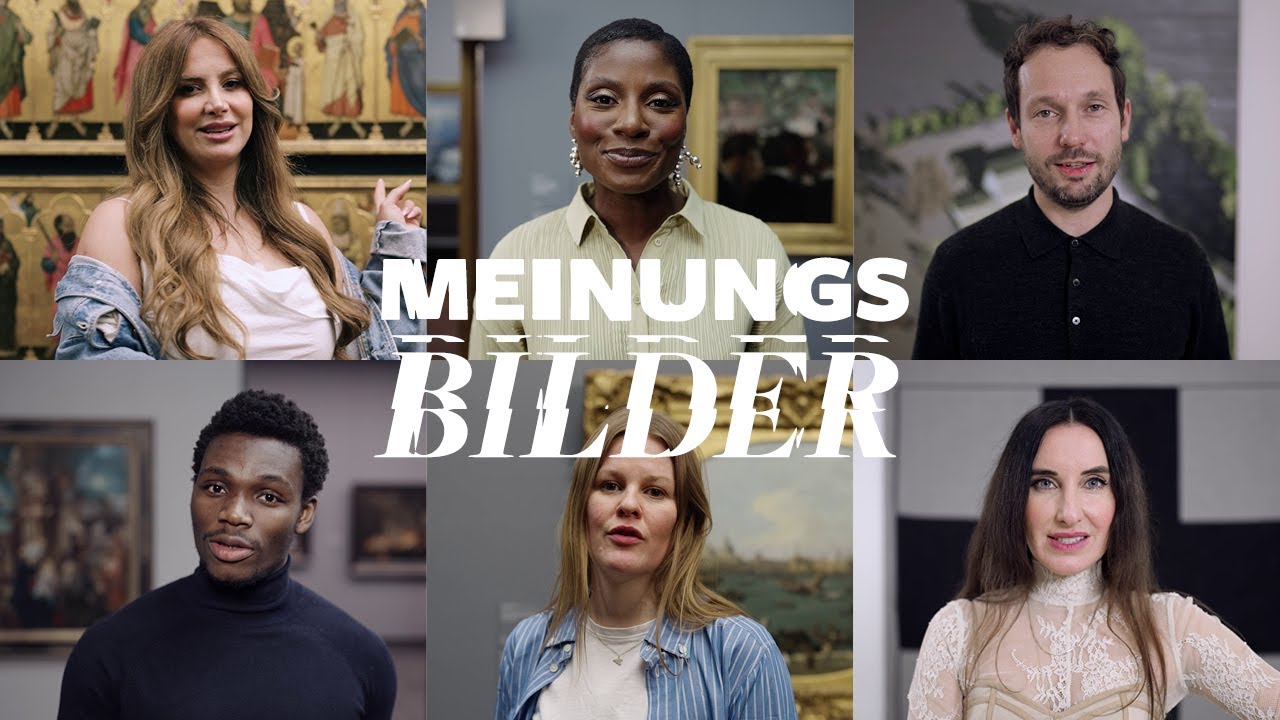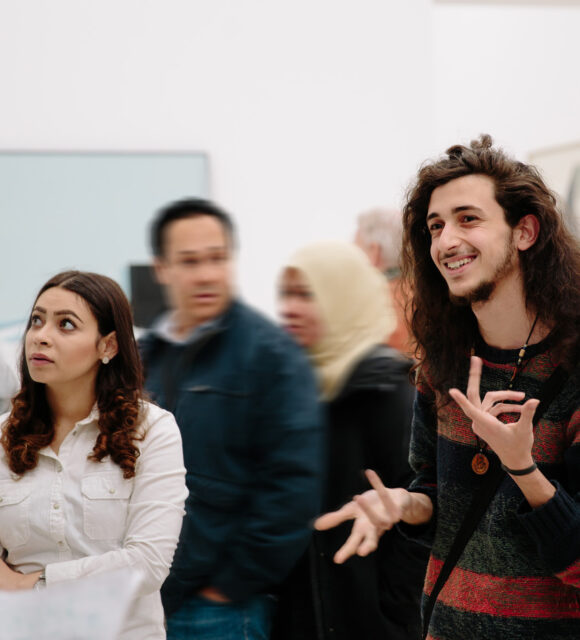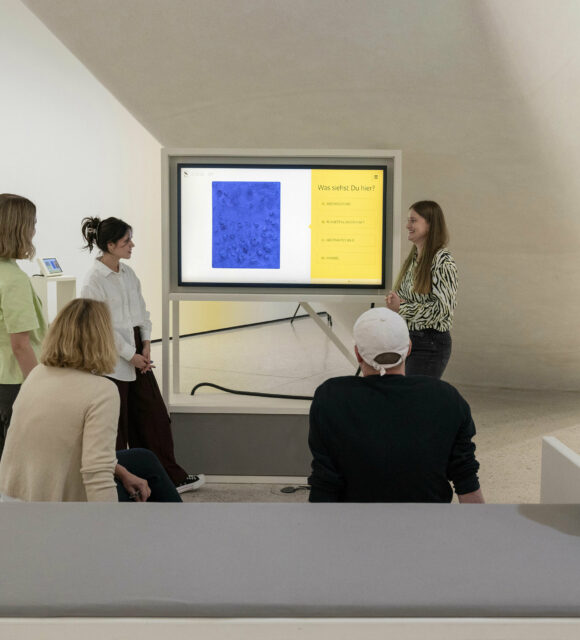About the Film Series
What does yesterday’s art tell us about today? And what does it all have to do with me? In the new six-part film series “Meinungsbilder”, Enissa Amani, Bless Amada, Theresia Enzensberger, Mirna Funk, Friedemann Karig and Nikeata Thompson present selected works of art from the Städel Collection with their very personal view.
The film series links historical contexts of selected artworks with current social discourses.
About the Education Initiative
“Shifting Points of View” is an education initiative intended to support thinking and acting in a way that promotes democracy—through an ever-expanding art education programme consisting of discursive guided tours, digital offers, practical art seminars, workshops and much more.
Enissa Amani
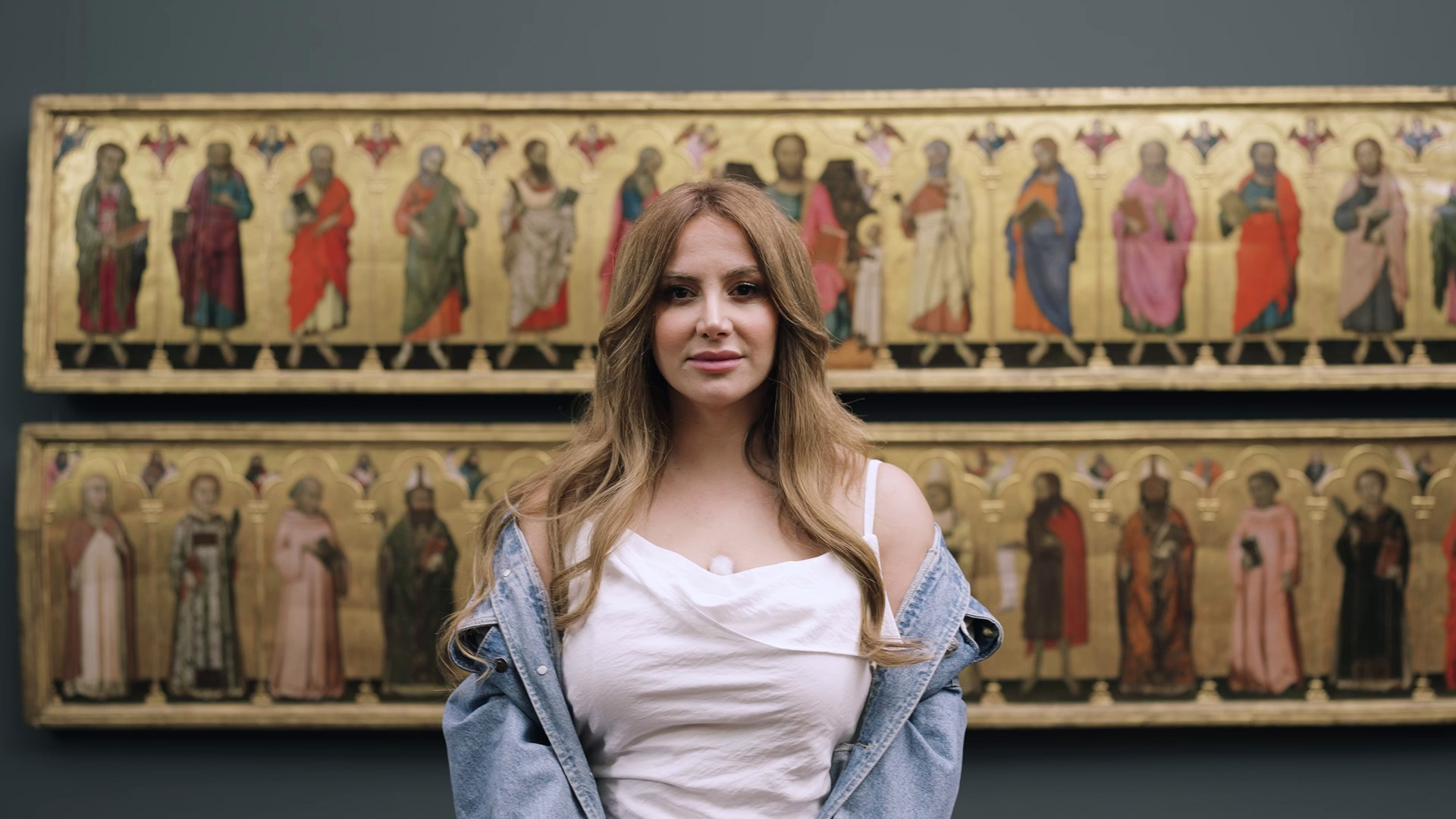
The activist and artist Enissa Amani presents Meo da Siena’s altarpiece (1330/1333). She shows why and in which elements of the work Near and Far Eastern influences can be found and raises questions about cultural interaction and appropriation.
I don’t think society is aware of how many influences have gone into the creation of Europe, for example, and where it all started and what it has absorbed.
Bless Amada
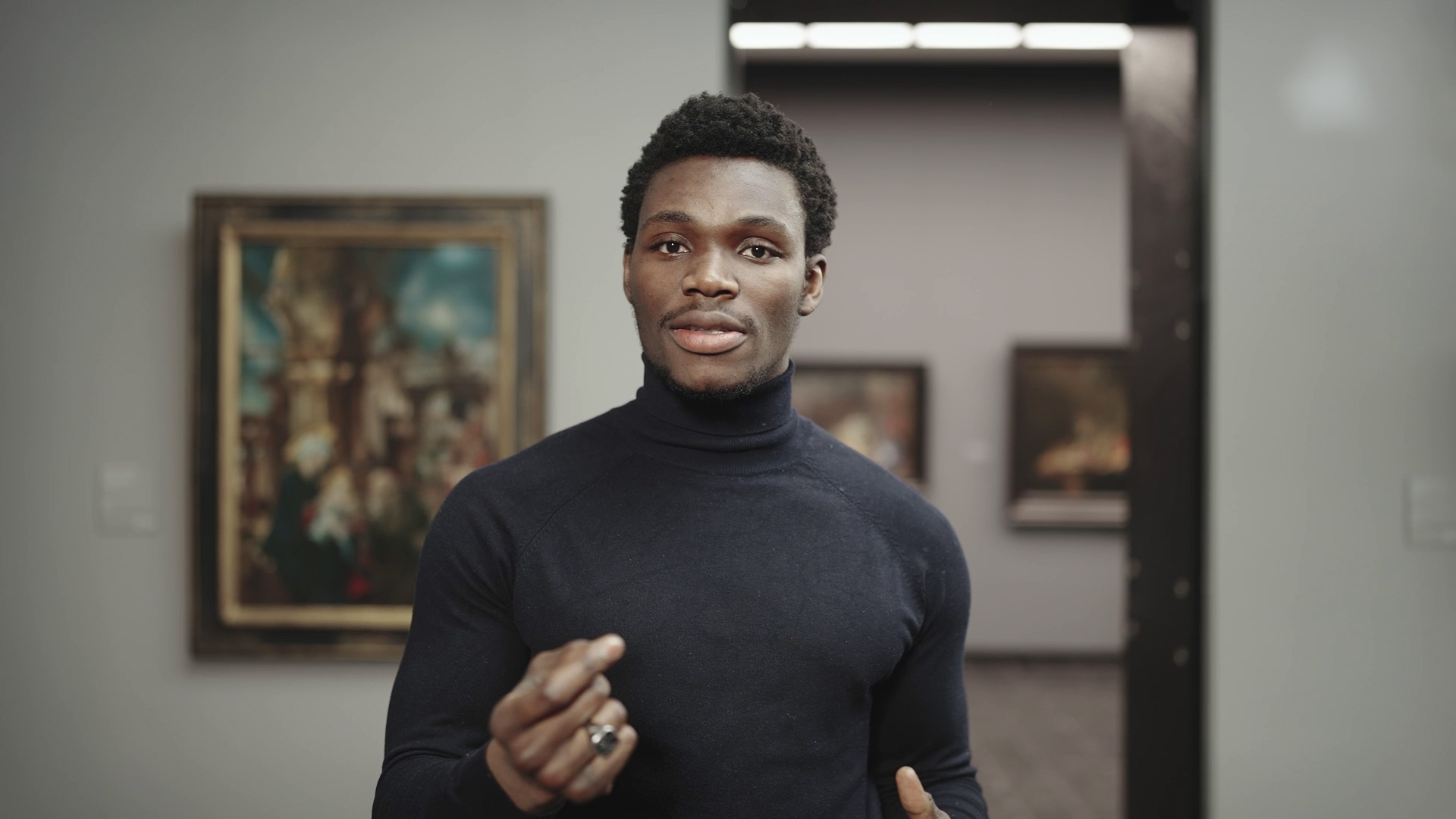
The actor Bless Amada discusses Albrecht Altdorfer’s painting “The Adoration of the Magi” (ca. 1530-1535). He takes a close look at the depiction of the Black King, places it in its historical context and explores the question of whether racism plays a role in the painting.
I find the Black King, known as Balthazar, is present but not really part of it. And I wonder why, because that’s noticeable.
Theresia Enzensberger
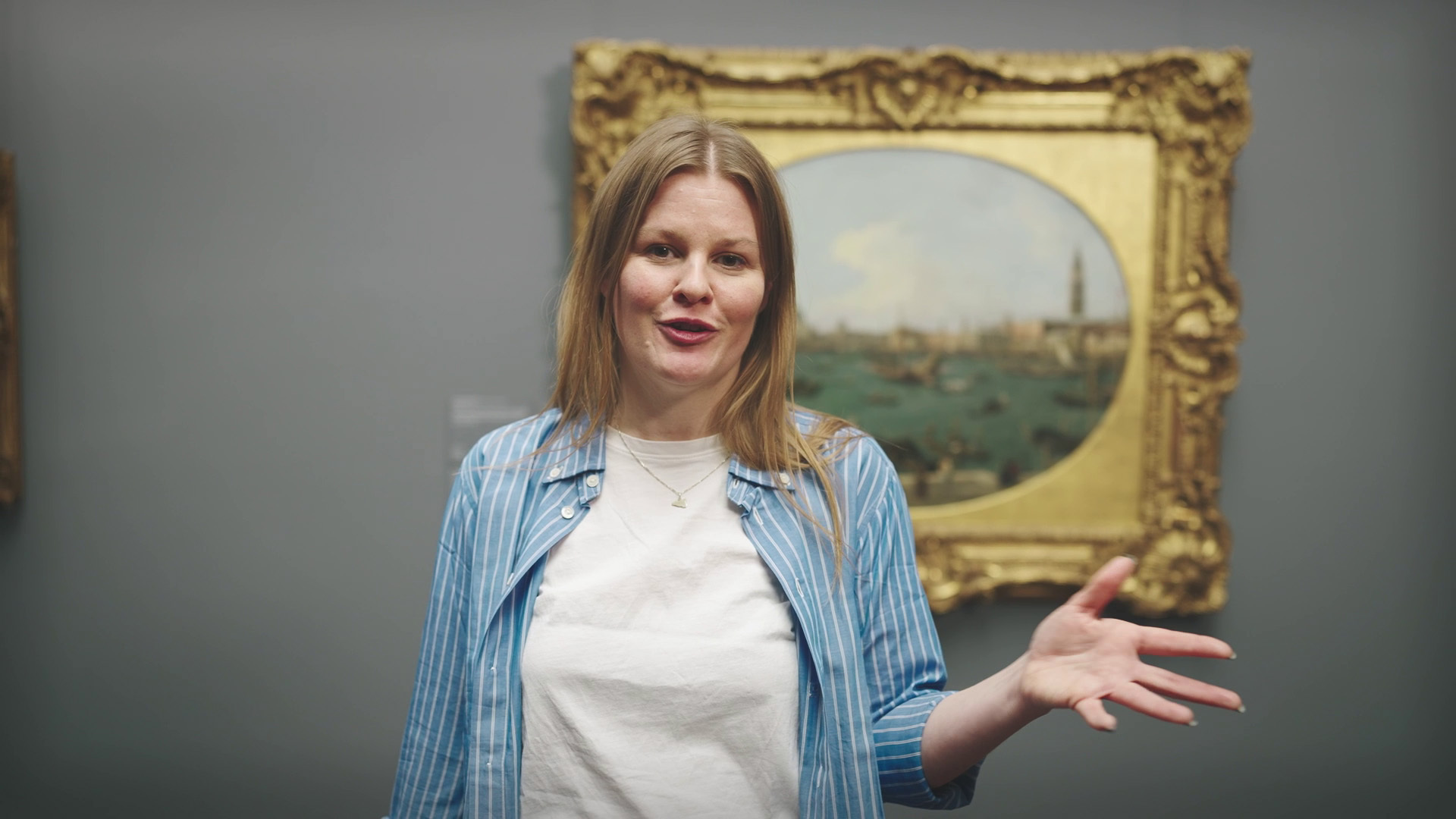
The writer Theresia Enzensberger talks about Canaletto’s painting “Seen from the Bacino di San Marco in Venice” (1730-1740). She shows what the artwork has to do with educational trips, Instagram, and melancholy, and raises questions about transformation and tourism.
When a city becomes a projection screen or a collection of sights, there is a flattening of the experience.
Nikeata Thompson
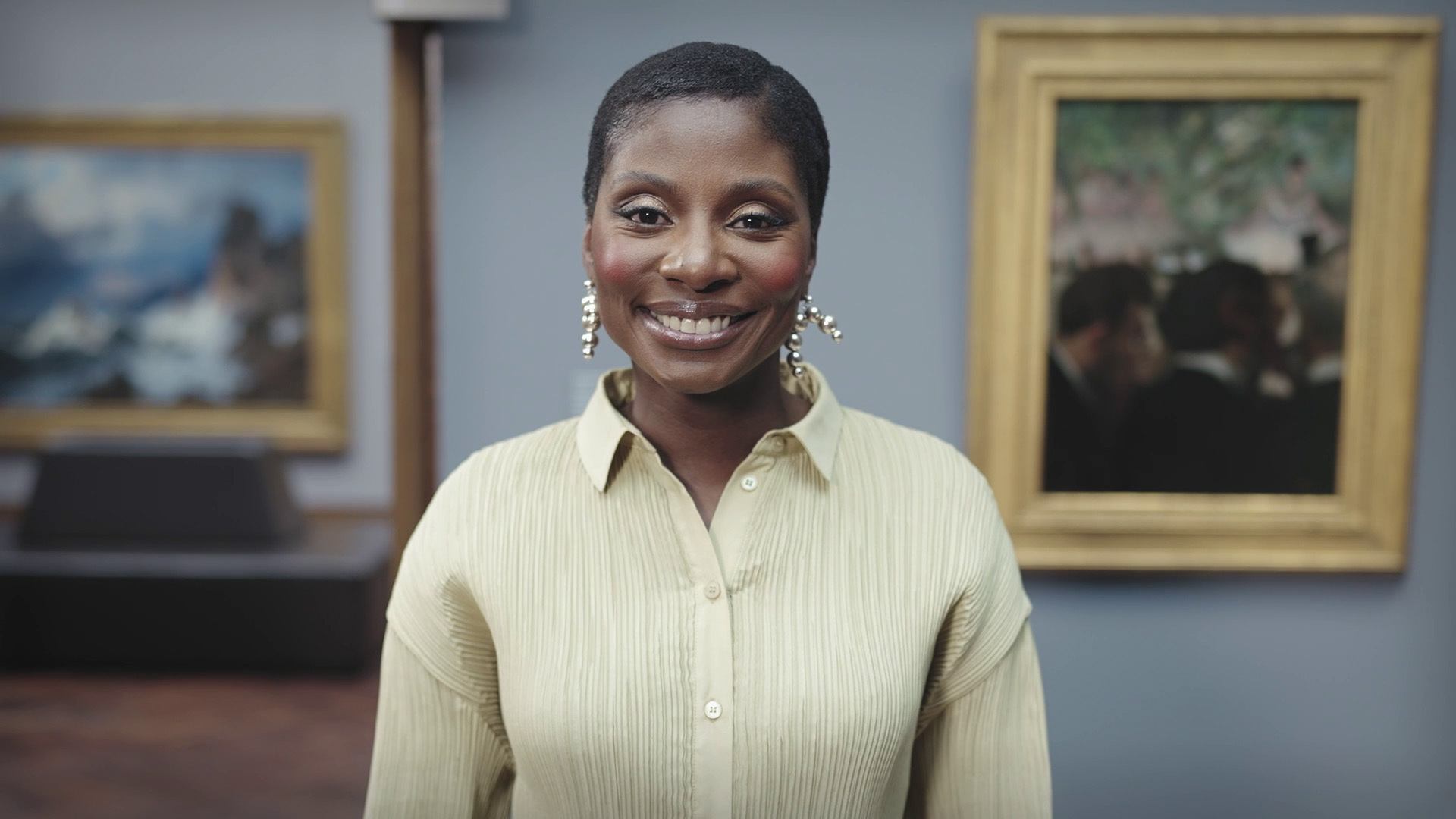
The choreographer, author and entrepreneur Nikeata Thompson presents Edgar Degas’ painting “The Orchestra Musicians” (1872/1874-1876). She takes a close look at the realities of life and work for ballet dancers in Paris in the second half of the 19th century and raises questions about the relationship between work, social status, and equality.
And I believe that the dancers were very, very good, because they really fought.
Mirna Funk
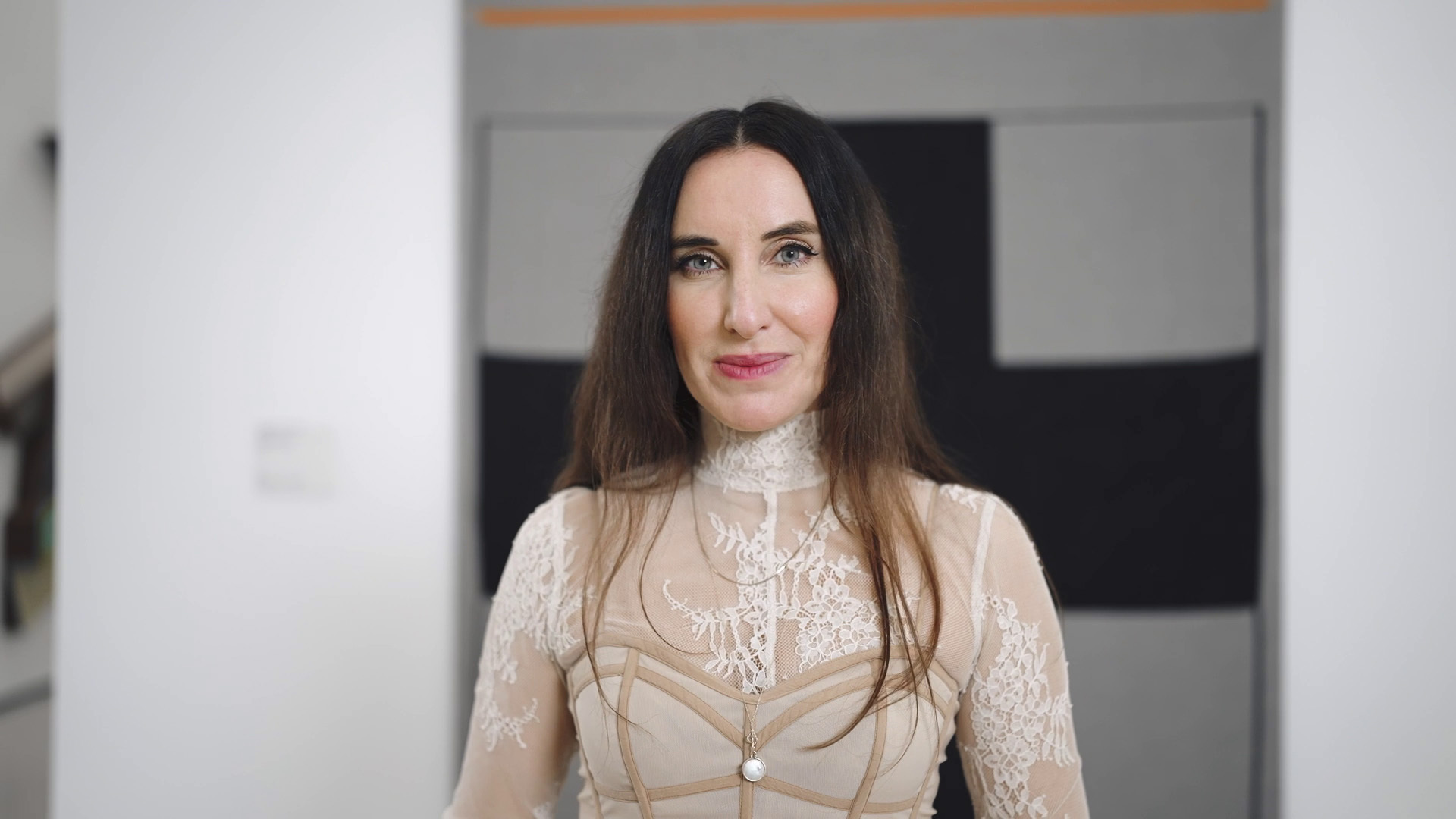
The writer Mirna Funk speaks about Rosemarie Trockel’s work “Who will be in in ’99?” (1988). She explains what is behind the knitting work and the black cross and points out what feminism has to do with courage.
Fear and discomfort are not always emotions that one should avoid or run away from, but rather that one should also endure.
Friedemann Karig
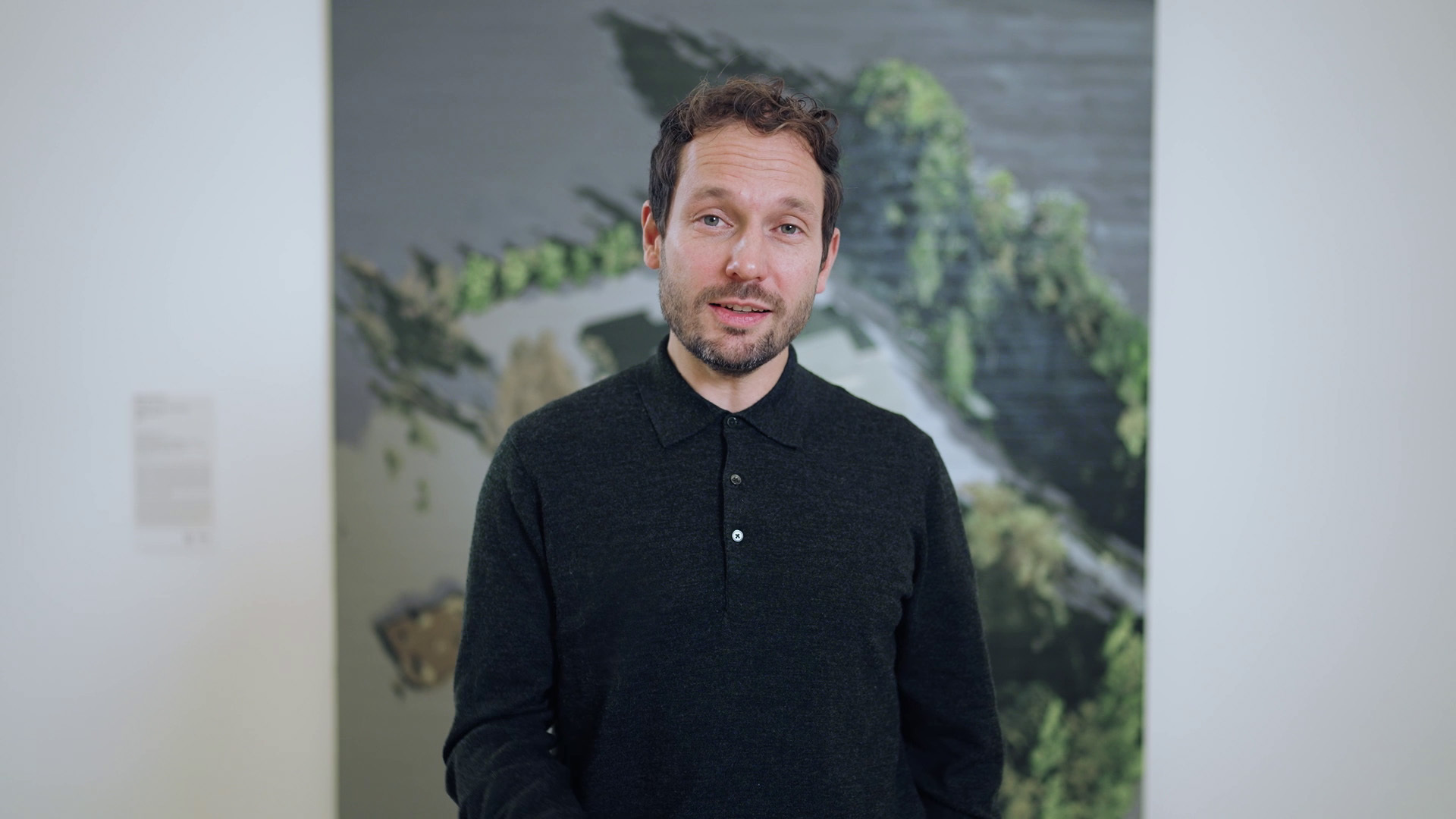
The writer Friedemann Karig discusses Dirk Skreber’s work “Ohne Titel (Überschwemmung)” (2000). He sheds light on the material and motif of this disaster image and raises questions about the media coverage of the climate crisis.
And when we see these images and we see them in the news, whether we want to or not, we naturally become desensitized.
Credits
“Meinungsbilder” is a film series by the Städel Museum in collaboration with Hyperbole.
Idea Städel Museum
Director Ann-Catrin Malessa (Hyperbole)
Editorial staff Anne Dribbisch und Elisabeth Pallentin (Städel Museum) und Ann-Catrin Malessa (Hyperbole)
Scholarly support Chantal Eschenfelder, Anna Huber, Anne Sulzbach (Städel Museum)
Camera Jens Lindemann, Susanne Erler
Sound Silvio Urso
Production management Cindy Ufer
Editing Aurelia Lindemann
Graphics Marc Trompetter
Music Wolfram Gruß
Production Tino Bungert (Hyperbole)
Sponsors
Made possible by Dr. Harald Hack Stiftung
